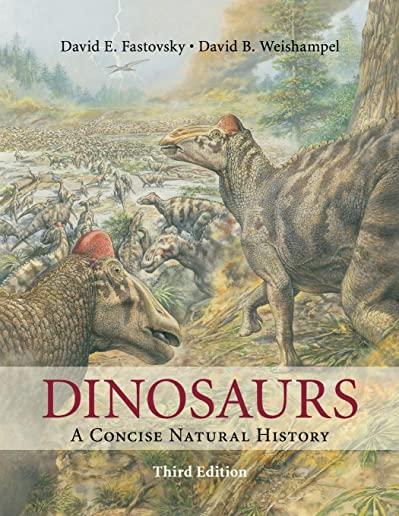
Donnelly, Kevin Padraic
product information
description
challenge human intelligence is as old as the warning from Socrates and Plato that written language eroded memory. With the emergence of generative artificial intelligence programs, we find ourselves once again debating how a new technology might influence human thought and behavior. Researchers, software developers, and "visionary" tech writers even imagine an AI that will equal or surpass human intelligence, adding to a sense of technological determinism where humanity is inexorably shaped by powerful new machines. But among the hundreds of essays, books, and movies that approach the question of AI, few have asked how exactly scientists and philosophers have codified human thought and behavior. Rather than focusing on technical contributions in machine building, The Descent of Artificial Intelligence explores a more diverse cast of thinkers who helped to imagine the very kind of human being that might be challenged by a machine. Kevin Padraic Donnelly argues that what we often think of as the "goal" of AI has in fact been shaped by forgotten and discredited theories about people and human nature as much as it has been by scientific discoveries, mathematical advances, and novel technologies. By looking at the development of artificial intelligence through the lens of social thought, Donnelly deflates the image of artificial intelligence as a technological monolith and reminds readers that we can control the narratives about ourselves.
member goods
No member items were found under this heading.
notems store

Smithsonian Readers Earth and Beyond ...
by Editors of Silver Dolphin Books
Paperback /Paperback$5.99
Return Policy
All sales are final
Shipping
No special shipping considerations available.
Shipping fees determined at checkout.






